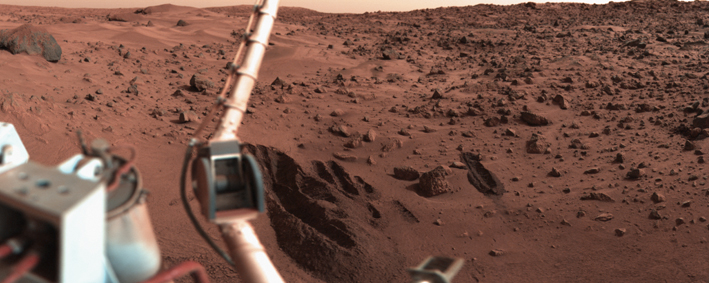 |
CCST9018 Science, Technology and Big Data
|
Course Description
Astrobiology explores some of the most fundamental questions: What are the origins of life? Is Earth unique in supporting life? What is humanity’s future? This course investigates: (i) the emergence of life on early Earth and potentially elsewhere, emphasizing the role of liquid water, atmospheric gases, and interfaces in early chemical evolution, the discovery of exoplanets, and the significance of habitable zones in both our solar system and the larger galactic context; (ii) the scientific studies on life’s emergence, evolution, and diversification from simple molecules to intelligent beings, considering exotic biochemistries and the potential for alternative life forms; and (iii) the societal implications of discovering extraterrestrial life. It also covers interplanetary and interstellar exploration, examining how scientific and technological advances shape our understanding of these topics.

Course Learning Outcomes
On completing the course, students will be able to:
- Describe how advances in technology have influenced scientific thinking on the origin, evolution and future of life.
- Discriminate between scientific explanations and other belief-based explanations for the origin and evolution of life.
- Describe and explain the societal implications of scientific discoveries relating to the origin, evolution and future of life.
- Evaluate how technological advances can affect the long-term future of humankind.
Offer Semester and Day of Teaching
Second semester (Wed)
Study Load
| Activities | Number of hours |
| Lectures | 24 |
| Tutorials | 12 |
| Reading / Self-study | 40 |
| Assessment: Essay / Report writing | 15 |
| Assessment: Presentation (incl preparation) | 15 |
| Assessment: In-class test (incl preparation) | 15 |
| Total: | 121 |
Assessment: 100% coursework
| Assessment Tasks | Weighting |
| Essay | 25 |
| Poster presentation | 25 |
| Group debates | 20 |
| In-class test | 30 |
Required Reading
- Grady, M. M. (2001). Astrobiology. Washington, DC: Smithsonian Institution Press in association with the Natural History Museum, London.
- NASA. Astrobiology Magazine. From http://www.astrobio.net
Course Co-ordinator and Teacher(s)
| Course Co-ordinator | Contact |
| Professor K.H. Lemke Department of Earth Sciences, Faculty of Science |
Tel: 2241 5474 Email: kono@hku.hk |
| Teacher(s) | Contact |
| Professor K.H. Lemke Department of Earth Sciences, Faculty of Science |
Tel: 2241 5474 Email: kono@hku.hk |
| Professor Y. Li Department of Earth Sciences, Faculty of Science |
Tel: 2859 8021 Email: yiliang@hku.hk |

